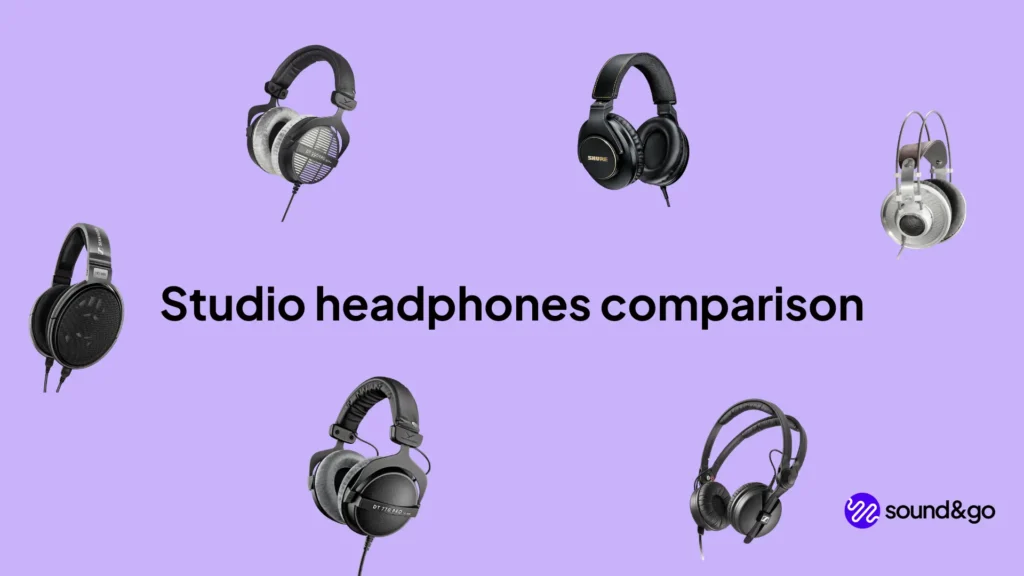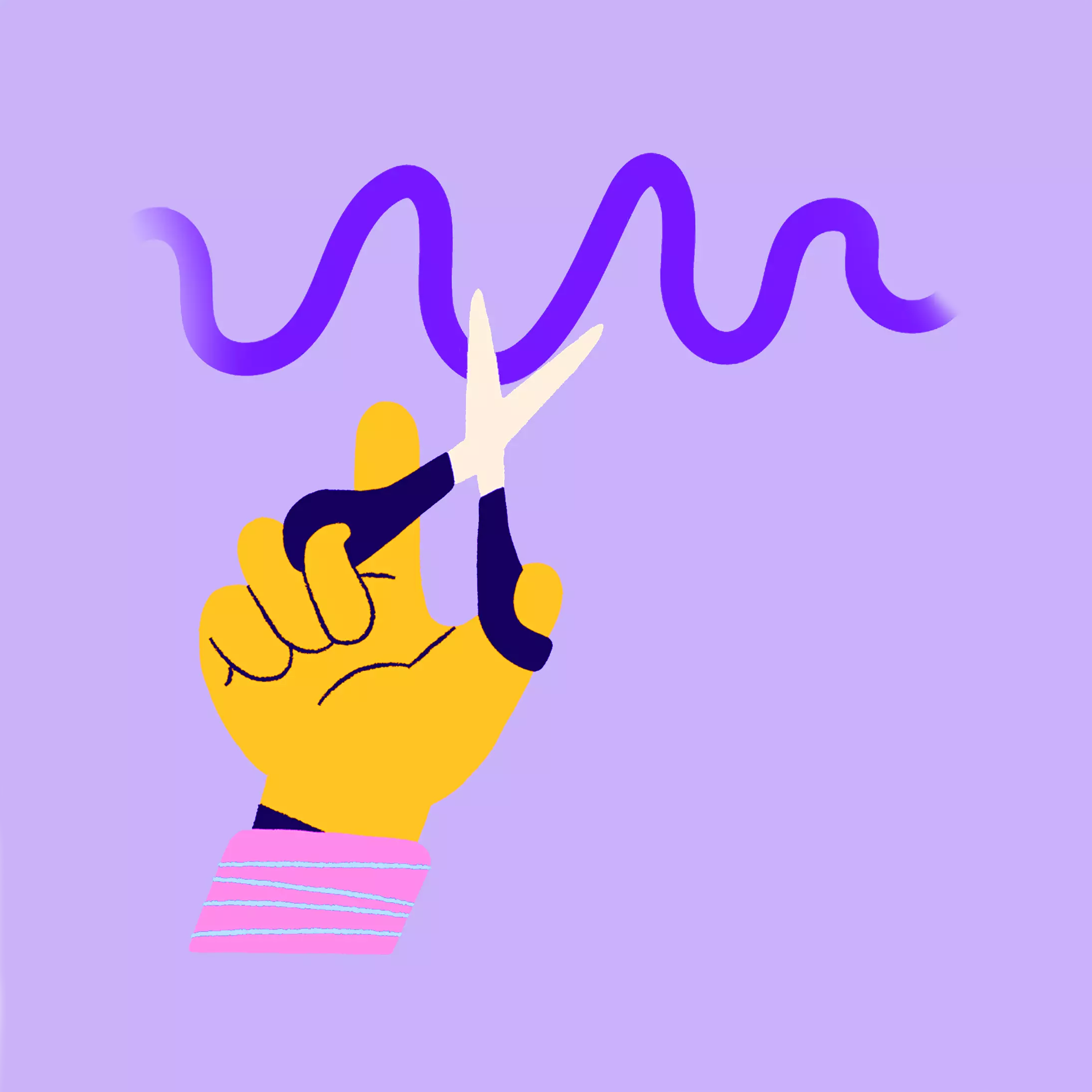Headphone test - Left, right, frequencies, and more with our headphone test
Want to check if your headphones are working properly? Then use our headphone test tool!
Check channels
Sweep
Current frequency 0 Hz
Open bursts
Open square 100 Hz
This test reveals buzzing parts and enclosure resonances. If you hear rattling reduce the level and check the fit.
Open phase test
In phase the center image feels solid. Out of phase the center becomes thin.
-
by Fabian
- last edited: 21.01.2026
Troubleshooting
- Check the system volume.
- Is the browser tab muted?
- Raise the volume control in the tool.
- Select the correct output device in the system.
- Reload the browser.
- Check other programs and system settings.
- Use our affiliate links and support our work.
Our website is free of external advertising banners. By making a purchase from our affiliate partners, you don’t pay any more and support us at the same time. Thank you!
How does it work?
Select a comfortable volume level and click on Start Sound. Use Left, Right, and Stereo to immediately check whether both channels are playing correctly. The Panorama control shows you whether the balance is correct. Set the frequency using the slider or input field. This allows you to quickly find out whether your headphones reproduce low frequencies from around ten hertz and very high frequencies up to around thirty kilohertz cleanly.
Start the sweep to check the entire hearing range evenly. Open Bursts if you want to test short pulses. Open Square Wave 100 Hertz to detect rattling components or housing resonances. The phase test shows you whether the midrange imaging is stable. Use Stop to end each test immediately.
The Headphone Tool runs directly in your browser without installation. It works on desktop and smartphone in current versions of Chrome, Safari, Firefox, and Edge. For reliable results, we recommend a wired connection. Always start quietly and increase the volume slowly. This ensures that everything will be right from the start at your next Teams or Zoom meeting.
Are you looking for reliable headphones?
Of course, when it comes to headphones, it really depends on the intended use. We have comparisons for studio headphones, podcast headphones, and gaming headsets. Especially with high-quality headphones, more expensive does not necessarily mean better. Compare carefully and test the headphones against each other repeatedly. You can also use your favorite song for this, as you will notice the differences immediately.
About our headphone test:
The headphone test is particularly helpful for models where the “right” and “left” labels are missing or partially worn. Broken or inferior headphones can also be detected with a simple frequency search. Do you find our tool helpful? Then feel free to share it or save it in your bookmarks for future use.
FAQs
What does the headphone test do?
It plays test tones directly in the browser. You can check channels, panorama, frequency response, sweeps, short bursts, square wave, and phase.
Do I need to install anything?
No. Everything runs locally in the browser. No audio data is uploaded.
How do I adjust the volume?
First regulate in the system, then in the tool. Always start quietly and increase slowly.
Why can I only hear on the left or only on the right?
Test using the left, right, and stereo buttons. Set the panorama control to the middle position. Check the plugs and the fit of the ear cups. Your headphone might be broken.
What is the Panorama control for?
It shifts the signal continuously between left and right. This allows you to check the balance of your headphones.
What does the sweep do?
The sweep moves evenly through a frequency range. This allows you to hear dips or resonances in the response.
What are bursts used for?
Bursts are short pulses. They allow you to detect distortion, pumping, or overshoot.
What is the purpose of the rectangle test at one hundred hertz?
It detects rattling components and housing resonances. If something rattles, reduce the volume and check the fit.
What does the phase test show?
In phase, the center appears stable. In counterphase, the center becomes thin. This helps to detect channel twists or defective cables.
Can I use Bluetooth?
Ja, jedoch mit möglicher Latenz und teils reduziertem Hochton. Für präzise Tests empfehlen wir Kabel.
Links marked with * are affiliate links. There are no additional costs for you, some of these links are with an automatic discount for you. We mark these links for transparency and would never recommend bad products. Find out more here: Our partners.





